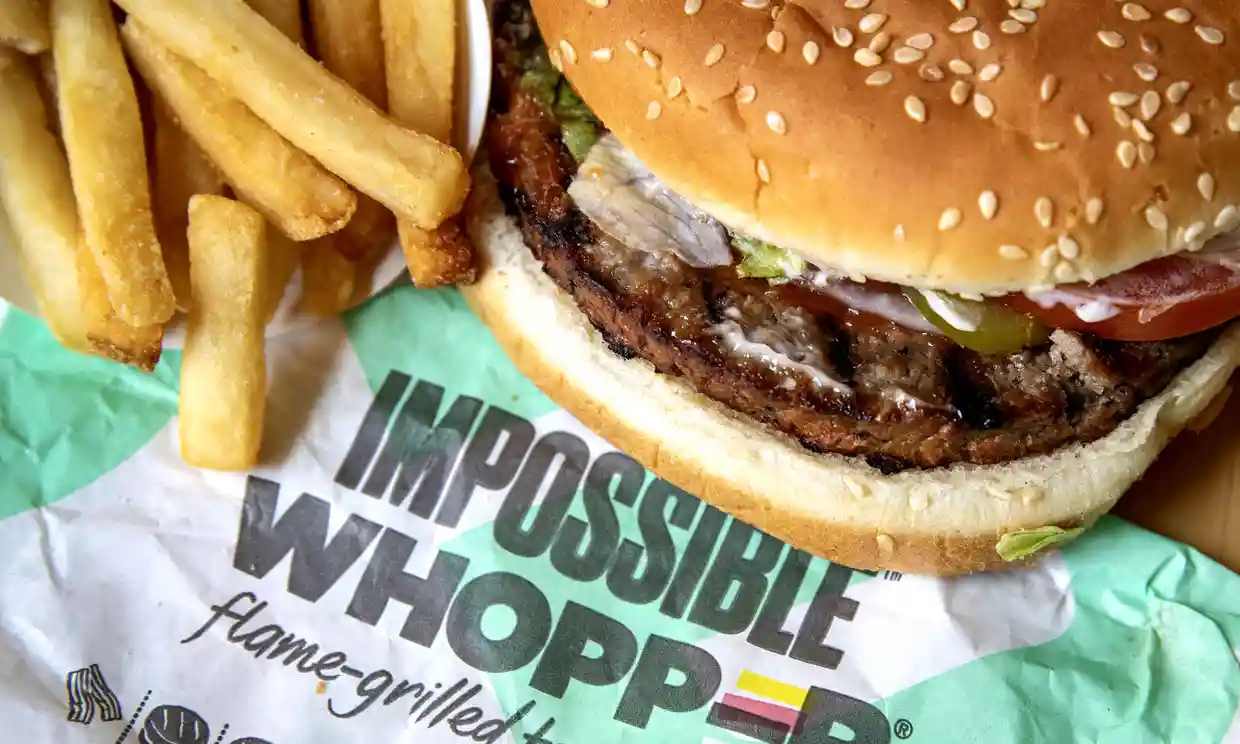Apparently meat-eaters are more likely to order an “Impossible Whopper,” a new meatless burger from Burger King, than vegetarians or vegans.
What’s wrong with that?
It’s not unreasonable that meat-eaters are a target segment for meat replacement products. Nor is it unreasonable to anticipate they’d want to try a (perceived) ‘healthier’ alternative.
The problem, in this case, is Burger King didn’t communicate well, and that means the target we now see (actual meat-eaters) wasn’t called out so they’d know the meatless burger was aimed at them. Instead, BK went soft on targeting in all of its messaging about the product. This could have (and did based on social media fallout) led vegans and vegetarians to think the Impossible Whopper was for them…It wasn’t, but who knew?!? Consequently BK is paying the price in social and business media for its failure to target the meatless burger to a specific market segment.
But here is where the plot thickens. There are reports of a fine-print disclaimer somewhere that alerts customers that the meatless burger is cooked on grills used to cook beef and chicken. Perhaps this copy is automatically placed in their advertising and POS signage. If so, this is another example of what we counsel our clients about competitive advantage: NOTHING is automatic, canned, or “the way we always do it” in appropriate marketing practice. EVERYTHING is tied a business strategy and target-specific marketing strategy.
Back to meat-eaters buying Impossible Whoppers . . . Of course, it is far better for Burger King and others in the category to offer current customers greater menu variety to retain more of their business (few QSR/Fast Casual customers are loyal to a single brand) or increase visitation, than to lose this business to competitors. Unfortunately, we don’t know what BK was trying to do because it appears they didn’t target.
Possible reasons for BK’s self-inflicted wound:
- Strategy (if there was one) may not have been aimed at current customers nor the business that could be defended and potentially gained by this offering.
- There may have been no strategy. The meatless burger may have been so compelling to someone in leadership that this fastball zipped right past the need to carefully consider the target (clearly NOT vegan or even vegetarians).
- Equipment considerations and the cost and time to get franchisees to implement equipment changes could have clouded more complete consideration.
- BK and its many departments, personnel, ad agencies and franchisees could have been focused on speed to market rather than the target market.
Whatever the reason, it wasn’t sufficient to justify this failure to launch.
What other reasons for this failure come to your mind?
And just out of curiosity, to all my carnivore friends out there: would you be moved to try a meatless burger from your favorite burger joint?

